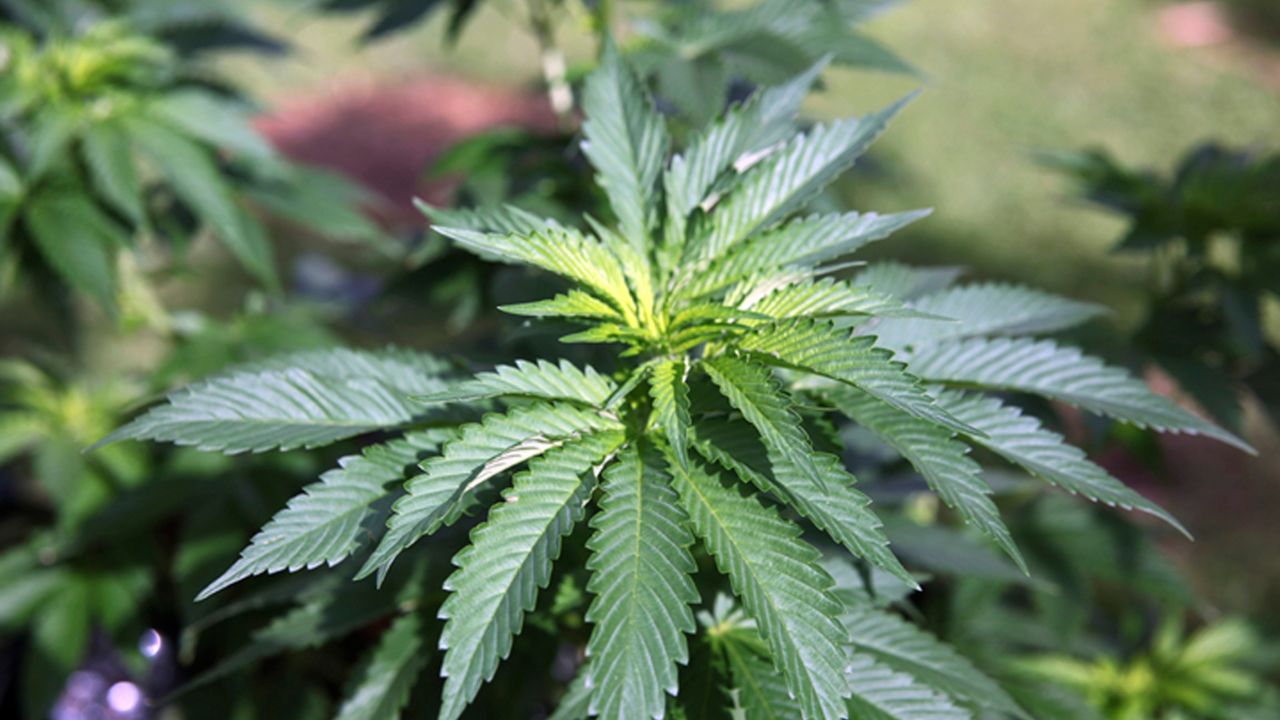Lawmakers on Wednesday will consider bills to allow recreational marijuana to be delivered to Mainers at home, a measure to give edible producers more leeway and to change how cannabis plants are tracked.
The bills are backed by the Maine Cannabis Industry Association, a group of about 30 adult-use marijuana businesses, said Matt Hawes, the group’s vice president and CEO of Novel Beverage Co. in Scarborough.
Since voters approved recreational marijuana in 2016 and stores opened in the fall of 2020, the industry has grown exponentially. Sales in December topped $9.4 million with 133,080 transactions, according to the Office of Marijuana Policy. In 2021, sales hit $81.6 million with more than 1.1 million transactions.
At the same time, the state continues to support a medical marijuana program with 3,035 registered caregivers. Both industries operate under different rules. A public hearing on proposed rules for the medical marijuana program is set for 10 a.m. Feb. 2, according to the Office of Marijuana Policy.
On Wednesday, the Legislature’s Veterans and Legal Affairs Committee will hold public hearings on three bills related to the recreational marijuana industry.
Hawes, a Bangor area native who worked in the California marijuana industry for 10 years before moving home to Maine, said many Mainers live in communities that have opted out of allowing recreational marijuana shops. That’s why the association backs LD 1827, which would allow retail marijuana stores to deliver to any municipality, regardless of whether the city or town has approved stores in their area.
“Delivery is intended to improve access to the consumer,” he said. “Most residents don’t live within proximity of access to it.”
Rep. Joe Perry (D-Bangor) said he sponsored two of the bills – the delivery bill and one to allow for a variance in the potency of edibles – because he considered them common sense. On the delivery front, Perry said he’s not aware of any adult-use shops in Washington County, which means a long drive for those interested in buying the product.
In addition, those who provide medical marijuana are allowed to deliver anywhere in the state, he said.
“Anyone who wants adult use, to legitimately purchase it, has no choice other than driving to Ellsworth,” he said. “This bill will level the playing field with medical (marijuana).”
Hawes said the bill to allow variance in products, LD 1846, is a small change that could have a big impact on how he and others produce their products. His company produces cannabis-infused beverages, such as beer and root beer. As it is now, his beverages – or any edibles – cannot contain more than 10 mg of THC. If they are found to go even slightly over that amount, the product must be destroyed.
This bill would allow them to be 10% above or below. In practice, Hawes said this will allow him to make his products closer to 10 mg because he won’t have to fear going over and having to lose a batch.
The third bill, LD 1817, is sponsored by Rep. Laura Supica (D-Bangor) and would allow recreational growers to track marijuana plants by group rather than individually. Hawes said the current tracking system presents an “onerous responsibility” on growers and he feels they can find a compromise with the state to ensure plants aren’t illegally diverted without burdening growers.
Perry, who’s served more than 18 years in the Legislature, said he first started hearing from cannabis growers after voters approved recreational sales and has seen it develop into a major industry in Maine.
“The recreational side is a proponent of strong, rational, reasonable regulation,” Perry said.



